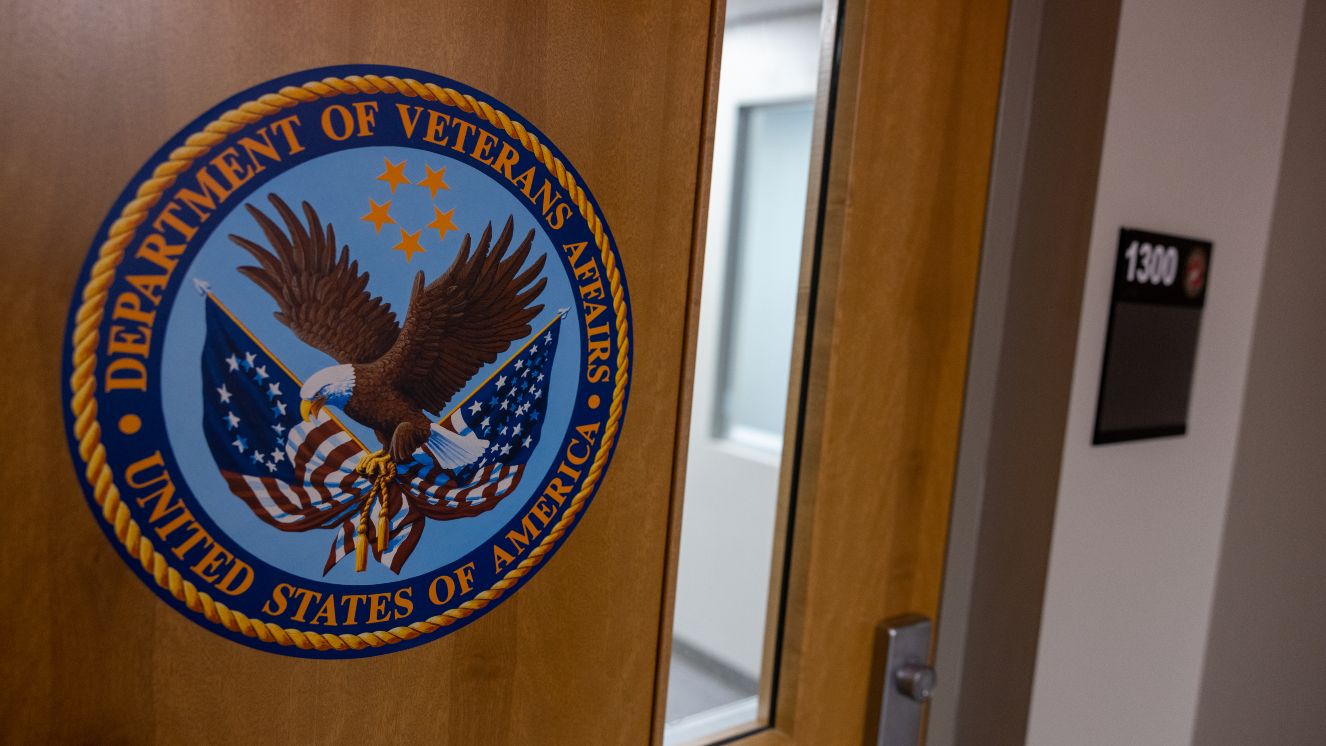FERTILITY BENEFITS: WHAT VETERANS NEED TO KNOW
COMMENT
SHARE

Recently, the Defense Department expanded the eligibility of U.S. service members for certain fertility benefits. Thus, the Veterans Affairs had to comply with the order. However, the VA will not cover some areas, such as surrogacy (carrying a baby for someone else). All VA healthcare recipients qualify for fertility treatments and services. However, the new eligibility will directly pertain to Vets who had issues in conceiving related to their military service. Additionally, this expansion includes the extension of IVF benefits to Veterans regardless of their legal marital status. Lastly, this new expansion will allow for the use of donor sperm, eggs, and embryos. Learn more about how to access the latest fertility benefits.
VA Fertility Benefits That You Can Avail
The VA provides a range of assistance to help Veterans who want to build a family; here are some of the available benefits:
- Counseling and infertility examinations
- Fertility prescriptions
- Vasectomy backtracking
- Hormone treatments
- Genetic counseling and testing with laboratory tests
- Sperm recovery procedures
- Ultrasounds and X-rays
- Surgical modification
- Tubal ligation reversal
- Artificial insemination
- Egg and sperm freezing
If a Vet has been infertile due to service-connected reasons, they may be eligible for the following:
- In vitro fertilization (IVF) or other methods of aided reproductive technology services if you are lawfully married.
- The male spouse has a frozen sperm or can reproduce, and the female spouse can produce an egg or has an intact uterus.
- Lastly, if the above is not possible, avail for adoption reimbursement (up to $2,000 per adoption).
Donors of eggs, embryos, sperm, experimental treatments, and even surrogacy will be covered by the VA. Additionally, you can talk to your Women's Health Primary Care Provider or the Women Veterans Call Center for more information about the coverage and eligibility requirements of the fertility benefits program.
What are the Advantages of In Vitro Fertilization (IVF)?
If you want to take advantage of the fertility benefits the VA offers, here are some of the highlights of IVF.
1. Overcoming Infertility Challenges
This medical procedure has been the source of hope for those who have infertility issues. With its success rate, this may be a huge chance for couples or individuals to have children.
2. Genetic Screening and Testing
This will analyze the embryos for genetic abnormalities, lowering the risk of miscarriages and congenital disabilities. This allows soon-to-be parents to make an informed decision on the transfer of healthy embryos.
3. Same-Sex Couples and Single Parenthood
In vitro fertilization offers these individuals and couples a safe and effective way to share the joy of parenthood and build a family.
IVF and New Fertility Benefits for Veterans
The process involves the sperm fertilizing the eggs with the help of a laboratory facility. Once fertilized, the embryo will be placed in a woman's uterus in hopes of starting a pregnancy. With these VA fertility benefits, married Vets will have the opportunity to have children. However, the department will not cover the procedure for couples who are not married or those planning to have a surrogate. Only Vets with their legal spouses are authorized to be given IVF by the VA.This requirement had a turnaround when 2024 came, widening the number of Veterans who can avail of fertility benefits, including unmarried Veterans and same-sex marriages. The regulation that married-only couples must be able to produce eggs and sperm has been reversed.Donated sperm and eggs are now allowed; also, the cost of producing a fertilized embryo with a donated egg will be covered by the VA for male Vets in same-sex marriage.
Things to Consider Before Starting IVF or Accessing Fertility Benefits
Although going through the IVF process to build a family looks promising with VA fertility benefits, there are still some things that need to be considered.
1. Emotional Impact
Going through the process is a long journey, and it can be challenging. A bumpy ride of hope, anticipation, and uncertainty can drain your mental well-being. Thus, having support and counseling is vital. Individuals and couples going through the process may experience a broad range of emotions, sometimes leading to stress.
2. Complications and Health Risks
In general, IVF is safe, but just like other procedures, some inherent risks are involved. This includes side effects such as Ovarian Hyperstimulation Syndrome (OHSS). OHSS can cause abdominal pain, discomfort, and bloating. However, this can be minimized with the use of modified IVF protocols.In sum, IVF is a huge journey that needs proper preparation to achieve a good result. But, with the help of VA fertility benefits, you can be sure that you will not be alone in this next chapter.Related reads:
- Milspouses Transition, Too! Military Transition Tips & Tools for Milspouses
- Leaving the Military: Does My Family Hate Me Now That I Don’t Deploy
- 11 Summer Vacation Activities for Veterans and Their Families
Photo source: iStock
Join the Conversation
BY ALLISON KIRSCHBAUM
Veteran, Military History & Culture Writer at VeteranLife
Navy Veteran
Allison Kirschbaum is a Navy Veteran and an experienced historian. She has seven years of experience creating compelling digital content across diverse industries, including Military, Defense, History, SaaS, MarTech, FinTech, financial services, insurance, and manufacturing. She brings this expertis...
Credentials
Expertise
Allison Kirschbaum is a Navy Veteran and an experienced historian. She has seven years of experience creating compelling digital content across diverse industries, including Military, Defense, History, SaaS, MarTech, FinTech, financial services, insurance, and manufacturing. She brings this expertis...



